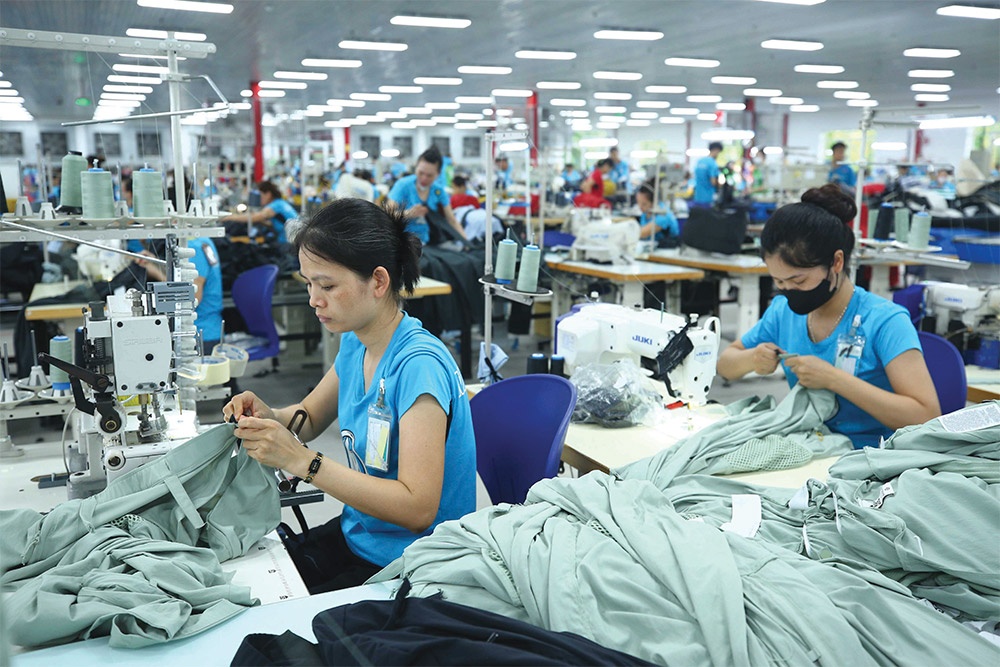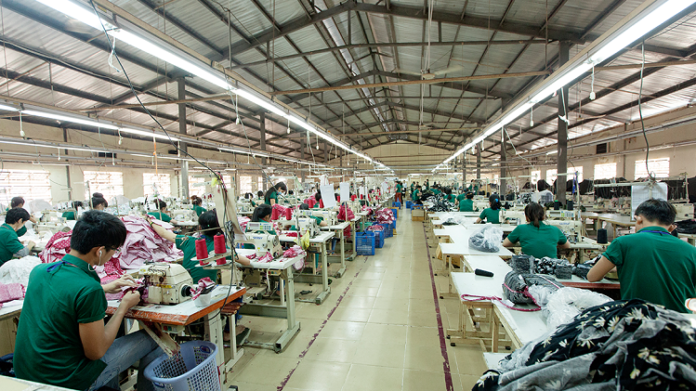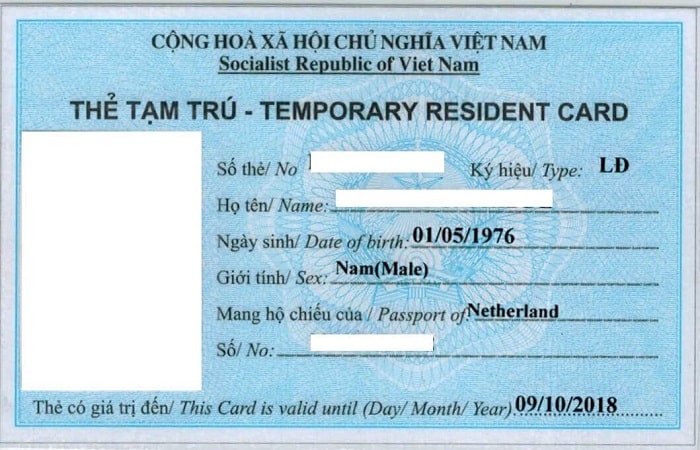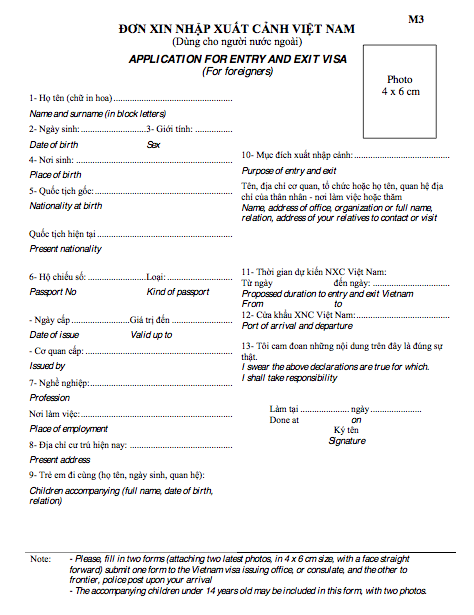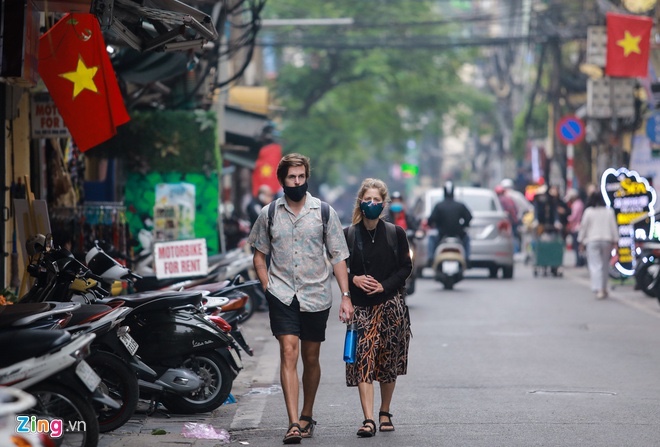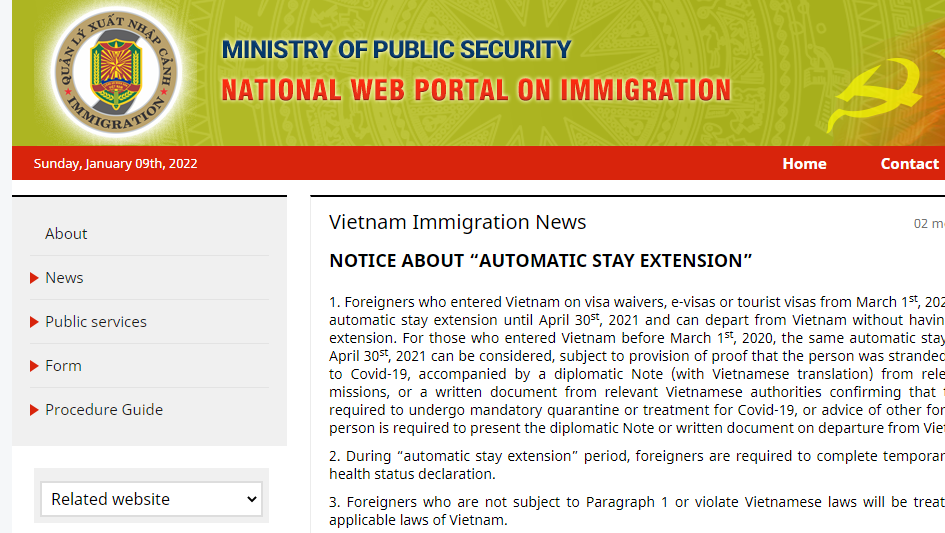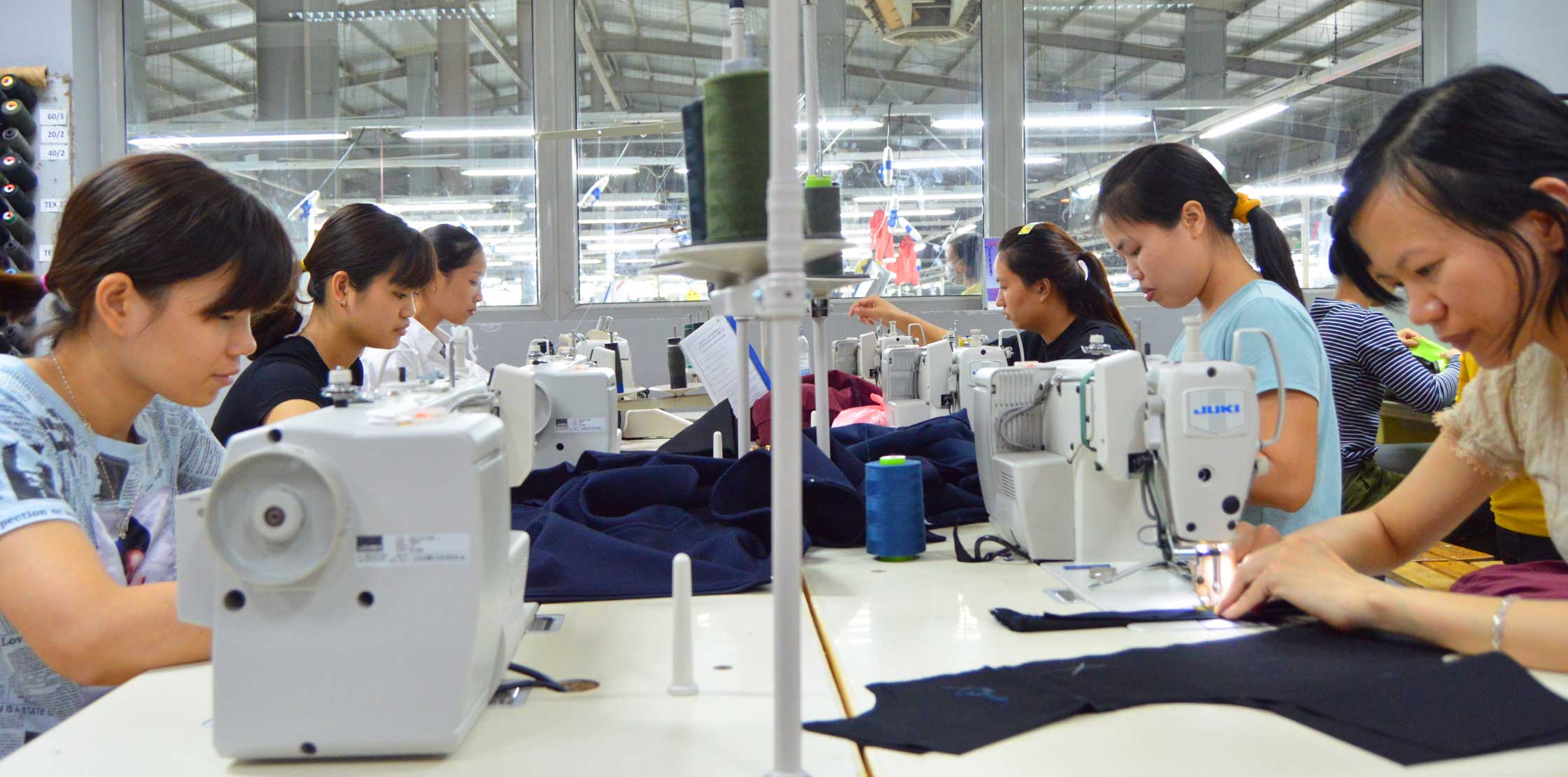Are you researching an expat health insurance for Vietnam? Are foreign workers who are internally reassigned within a company in Viet Nam required to participate in compulsory health insurance? This guide will help you understand insurance in Vietnam, show you what to look for in a policy, and guide you through making the right decision for your needs.

Table of Contents
Vietnam’s Law on Health Insurance
Decree 11/2016/ND-CP (Decree 11) on detailed regulations on implementing a number of articles of the labor code regarding foreign workers in Viet Nam stipulates types of foreign workers in Viet Nam.
Accordingly, foreign workers are foreign citizens moving to Viet Nam for employment for these following purposes
- executing labor contracts;
- complying with the company’s internal reassignments;
- enforcing contracts or agreements on business, commerce, finance, banking, insurance, science and technology, culture, sports, education, vocational training and health;
- providing services under contracts; offering services;
- working for foreign non-governmental organizations or international organizations in Viet Nam that have been granted with operating licenses in accordance with the Viet Nam law;
- working as volunteers;
- taking charge of establishing the commercial presence;
- working as managers, chief executive officers, experts, technicians;
- participating in the execution of bid contracts and projects in Viet Nam.
Under the Law on Health Insurance (Law 25/2008/QH12), the law applies to domestic and foreign organizations and individuals in Viet Nam that are involved in health insurance. However, foreign workers who are internally reassigned in the company are not requested to participate in health insurance in accordance with Article 12.
Types of health insurance in Vietnam
There are two types of health cover in Vietnam, managed by the Vietnam Social Security (VSS):
- Compulsory social security cover: it applies to all workers on permanent contracts of more than three months. It is also applies to several other categories, with the aim of making it universal (children, poor people, students, those over 90 years of age, war veterans…)
- Voluntary health insurance: this applies to people who are not covered by the mandatory scheme: the self-employed and informal workers.
Expatriates must contribute to the compulsory health insurance, but as will be explained in the following paragraph, this is often not enough and many expatriates choose to subscribe to a private medical insurance in Vietnam.
The quality of the Vietnamese healthcare system
Despite numerous efforts to provide healthcare cover to the entire population, the Vietnamese health system remains largely underfunded and suffers from structural inefficiencies.
The level of cover offered by the public system is low, and the rest of the costs left to those using the services remain high, even though the highest users are found among the poor. For example, public hospitals apply a fee for some complicated medical procedures.
The quality of care in public hospitals is still far from being up to the standards of western countries. Vietnam’s hospitals are overloaded. According to the French Embassy in Hanoi, it is not uncommon for hospitals to have an occupation rate of 200%, particularly those which are centrally located. Meanwhile, there is not enough medical equipment or medical staff to treat everyone. These structural problems seriously affect the general health services in hospitals.
Inequalities between urban and rural areas
It is also important to note that the quality and availability of medical services varies considerably between urban and rural areas. Public hospitals in the rural provinces are the most underfunded and underequipped. Many people living in the provinces therefore travel into major urban areas for their medical treatment, which serves to prolong the waiting lists in hospitals in big cities such as Hanoi or Ho Chi Minh City.
Because of these structural problems in the public sector, it is recommended to subscribe to a private health insurance in Vietnam. Private hospitals also offer services that better meet the expectations of the expatriate population. In general these hospitals have an international medical staff, who speak English. However, their charges are high, hence the importance of having adequate medical insurance in order to be treated in these facilities.
International health insurance for expats in Vietnam
It is advisable for expatriates in Vietnam to take out international health insurance allowing them to be covered outside of Vietnam and in their countries of origin. Indeed, many expats and prosperous Vietnamese prefer to travel to Bangkok or Singapore for some specialised treatments.
Also, if after Vietnam you settle in another country, your expatriate health insurance may be able follow you.
It is always important that your international health insurance is in line with local legislation. If you are employed in Vietnam (with a contract of three months or more) taking out international health insurance for Vietnam does not exempt you from being affiliated to the local system: in this case, your international health insurance will be an additional health cover.




